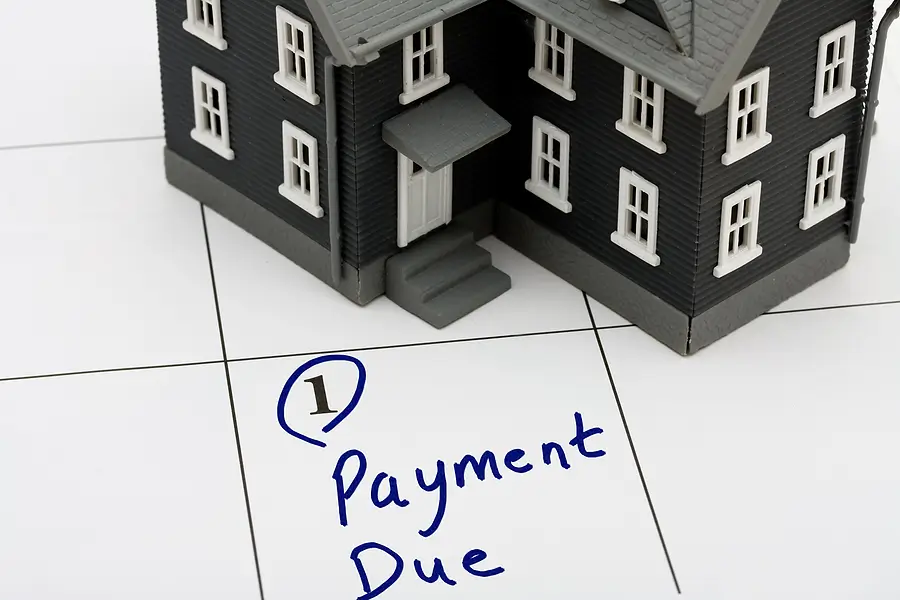We all know that late rent payments can be a bit challenging for landlords. But don’t worry! Taking a proactive approach to handling these situations can help preserve your rental income and strengthen your relationships with tenants.
By communicating clearly, sticking to your policies, and using helpful professional tools, you can confidently manage late payments and keep your property running smoothly.
1. Start with Open Communication
When rent is late, your first step should be to communicate with the tenant. A rent reminder can clarify whether the missed payment was due to oversight or a deeper issue like financial hardship. Understanding the tenant's circumstances, such as a job loss or family emergencies, can guide your next steps.
Send a late rent notice promptly to document the situation and set expectations for the payment's resolution. Open lines of communication show good faith while performing within your legal obligations. Keep all correspondence in writing, as maintaining accurate payment records is crucial if the issue escalates.
2. Review the Lease Agreement
Your lease agreement is your best resource for managing late rent payments. Ensure your rental agreement clearly outlines the rent due date, applicable late fees, and the grace period (if any). Reinforce these terms when discussing the situation with the tenant.
For repeated late payments, it may be necessary to charge late fees as outlined in the lease. Enforcing late fees ensures fairness and encourages timely rent payment in the future.
3. Offer Reasonable Solutions
If the tenant demonstrates a willingness to resolve the situation, consider offering a payment plan. This approach can help tenants manage temporary financial difficulties while ensuring you recover unpaid rent. For example, breaking the overdue balance into smaller, manageable amounts can be beneficial for both parties.
However, be cautious with partial rent payments, as they may delay the rent collection process and complicate enforcement of your policies.
4. Know When to Take Legal Action
When a tenant stops paying rent and open communication fails, you may need to take further legal action. Familiarize yourself with state landlord-tenant laws to ensure compliance when serving a pay or quit notice or beginning the eviction process.
Late rent payments that persist for several months may require hiring an eviction lawyer to protect your interests. While the eviction process can be stressful and costly, it’s sometimes necessary to maintain the financial health of your property.
5. Leverage Professional Tools and Services
Professional property management services can help streamline your rent collection process, ensuring you receive timely payments while avoiding misunderstandings. A property manager can also handle late payment enforcement, saving you time and stress.
Additionally, tools like rent guarantee insurance can protect your rental income in cases where a tenant's ability to pay is compromised. By using these solutions, you can focus on growing your portfolio rather than worrying about collecting rent.
Stay in Control of Your Rent Collection Process
Handling late rent payments doesn’t have to be stressful. With clear policies, effective communication, and professional support, you can protect your rental income and maintain positive tenant relationships.
If you’re looking for expert guidance, First Class Realty & Management offers solutions tailored to landlords like you. From managing late rent payments to handling the entire rent collection process, we’re here to help. Visit our Contact Us page or explore our Services page to see how we can make rental property management easier for you.
Take control of your rental property today—because timely payments start with proactive management!

